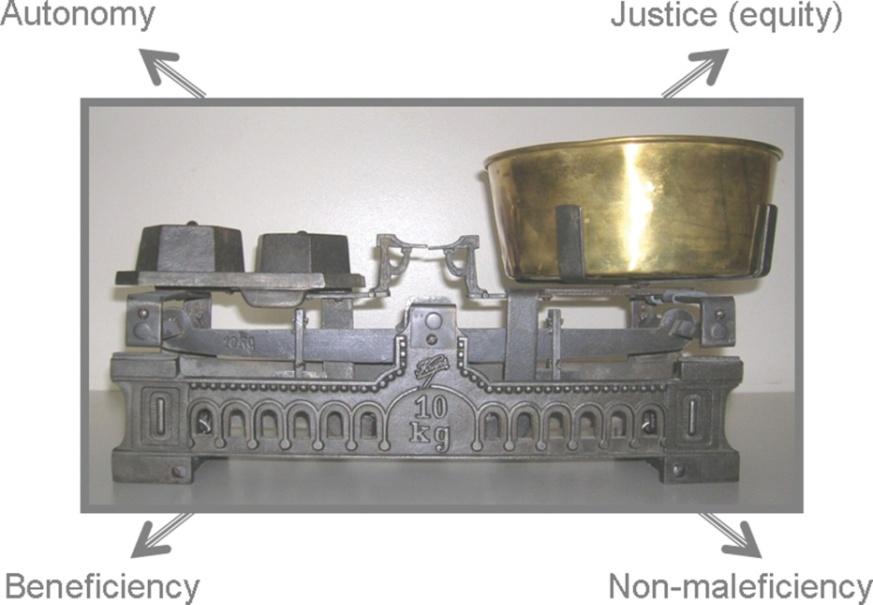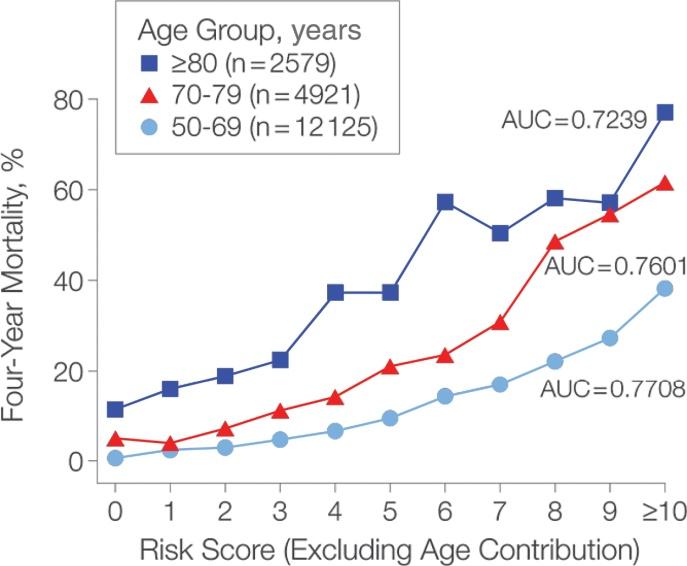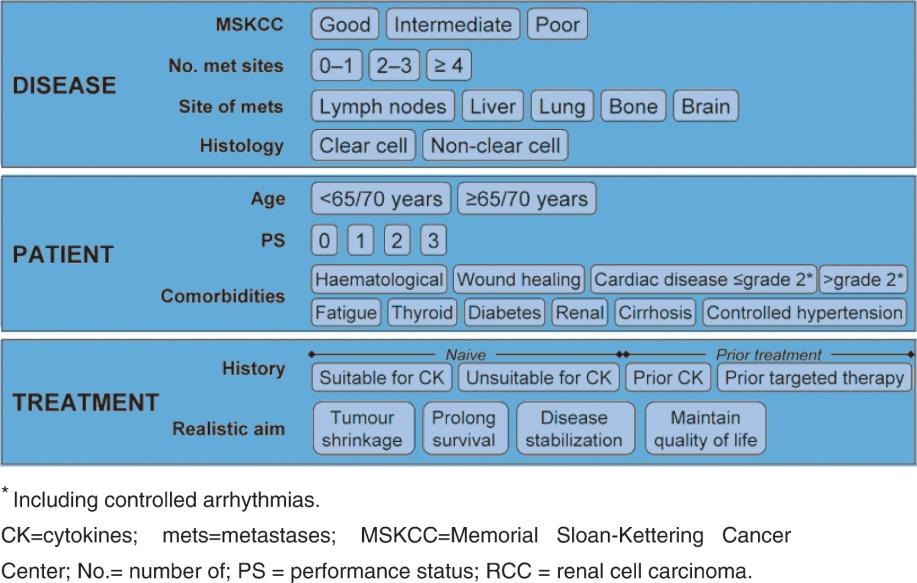
1 minute read
Treatment Strategies of Essential Thrombocytosis (ET) in the Senior Patient
off-label options comprise interferon-alpha or anagrelide (especially when thrombocytosis is present). Interferon-alpha may be particularly difficult to tolerate, as its side effects include flu-like symptoms (e.g. fever, chills, postnasal drip and poor appetite), fatigue, weight loss, depression, insomnia, memory loss, and nausea. So far interferon-alpha is the only drug known to induce a substantial reduction of the clonal disease burden, which may be of importance in very fit elderly patients.
However, in highly symptomatic patients or individuals with a very large spleen, ruxolitinib is a valuable option, as it drastically reduces symptoms and shrinks spleen size. But the compound also induces an increased rate of infection, which has to be considered. • Finally, radioactive phosphorus still represent a possible option for elderly patients who are unable to take oral medication or who are not expect to need many years of treatment. In 80–90% of patients, this treatment can suppress the disease symptoms for months or even up to several years.
Advertisement
In ET, the increased number of platelets in the blood can cause thrombotic and haemorrhagic complications. Currently, no randomised clinical studies are available that provide the optimal point for treatment initiation. However, the number of thrombocytes, age, history of thromboembolic complications and vascular risk factors allow a risk categorisation, which then prompts treatment initiation.
Platelet-lowering treatment is indicated for patients over 60 years of age, or with platelet counts over 1.5x106/µL, or either bleeding or thromboembolic complications associated with ET.
• Hydroxyurea and anagrelide are equally effective in WHO True-ET in the reduction of total vascular events. • Very high platelet counts may induce a secondary von Willebrand-deficiency leading to an increased bleeding risk. This fact has to be considered when giving low-dose aspirin to patients with platelets >1x106/µL. • Interferon-alpha is not approved, but may also be an option for patients not sufficiently responding to or not tolerating hydroxyurea or anagrelide.
Due to the fact that age >60 years is a major risk factor for thrombosis or bleeding events, all senior patients should be treated with cytoreductive treatment, given that no contraindications for those treatment modalities exist. Treatment-decision includes careful evaluation or relevant co-morbidities to prevent treatment-related side effects (i.e. advanced renal insufficiency or chronic heart failure are relative contraindications for anagrelide).





